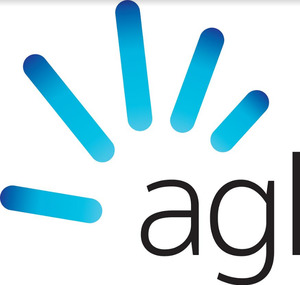Received an email yesterday from AGL, they offer up to $95 credit per year in exchange for reducing my solar feed-in for roughly 3 hours per week.
Just want to know how you guys think of the deal?
Here is the original email:
The South Australian electricity grid is facing some big challenges. With over 300,000 solar systems feeding into the grid, the combination of high volumes of solar energy and demand on the grid can sometimes make it challenging to keep the grid stable.
The good news is that there may be ways that you can help! What if you could limit the amount of solar you’re feeding into the grid and earn up to $95 in bill credits per annum at the same time?
Better still, what if you could:
1. Reduce your solar feed-in for roughly 3 hours per week
2. Continue to generate and use your solar energy during these times
3. Receive credits that may be worth more than the solar feed-in amount you would otherwise have received during the time your feed-in was limited (depending on your circumstance)
Imagine if annual bill credits varied depending on your solar system size and you could earn up to:
• $35 for 4-7 kW system
• $65 for 7-10 kW systems
• $95 for 10+ kW systems

Honestly that's a nice problem to have.
Offering a rebate for offsetting your lost feed-in makes perfect sense - if you price the FIT at 6c/kWh then that's $93.60 per year of income. If you're not using this capacity during the day it'd be wasted, but otherwise wouldn't mean you're worse off at all.